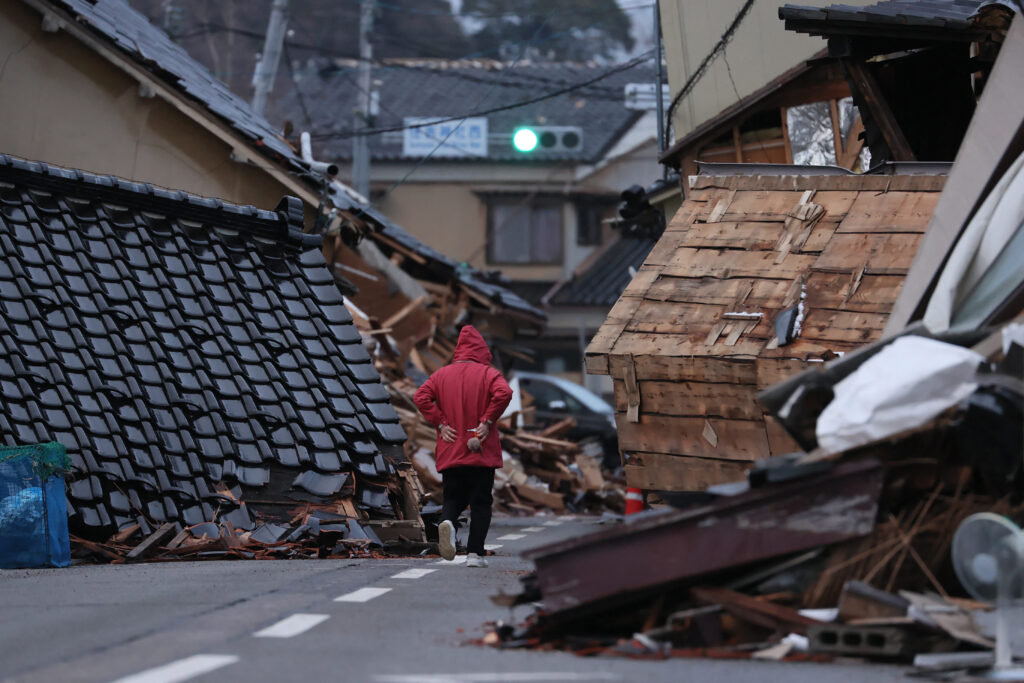
- ARAB NEWS
- 01 Jul 2025

TOKYO: Japanese Prime Minister KISHIDA Fumio’s cabinet decided on Tuesday to double the planned amount of emergency budget reserves for fiscal 2024/25 to help recovery from the deadly Noto peninsula quakes, government officials said on Tuesday.
The magnitude 7.6 earthquake devastated the Noto peninsula, northwest from Tokyo, on New Year’s Day, leaving over 220 people dead and dozens of others missing, making it the deadliest since the 2016 quake in Kumamoto in the southern Kyushu region.
Authorities will issue additional Japanese government bonds (JGBs) to double the amount of emergency reserves to 1 trillion yen ($6.86 billion) from the initially planned 500 billion yen.
The move will slightly raise the debt-dependency ratio of the annual budget to 31.5% from 31.2% earlier planned, increasing the industrial world’s worst debt burden which is more than twice the size of Japan’s gross domestic product.
“With this measure, we thoroughly prepare for all eventualities,” a finance ministry official told reporters.
It is rare for the government to revise an annual draft budget already sent to parliament for debate and approval by the fiscal year-end in March. Parliament begins regular sessions later this month.
Finance Minister SUZUKI Shunichi said last week the budget reserves would enable the government to flexibly respond to any funding needs, without seeking advance approval by parliament.
For the current fiscal year, the government has decided to spend 4.7 billion yen on evacuation centres.
In addition, Kishida ordered his administration to compile a disaster relief package worth more than 100 billion yen by the end of this month to provide makeshift shelters, road and other infrastructure, and to help people make a living.
Of a total budget spending plan worth 112 trillion yen for the next fiscal year, 500 billion yen is earmarked for general budget reserves.
Budget reserves are often described as a useful fund for the government as they can be tapped at its own discretion and without the need for parliamentary approval.
Reuters